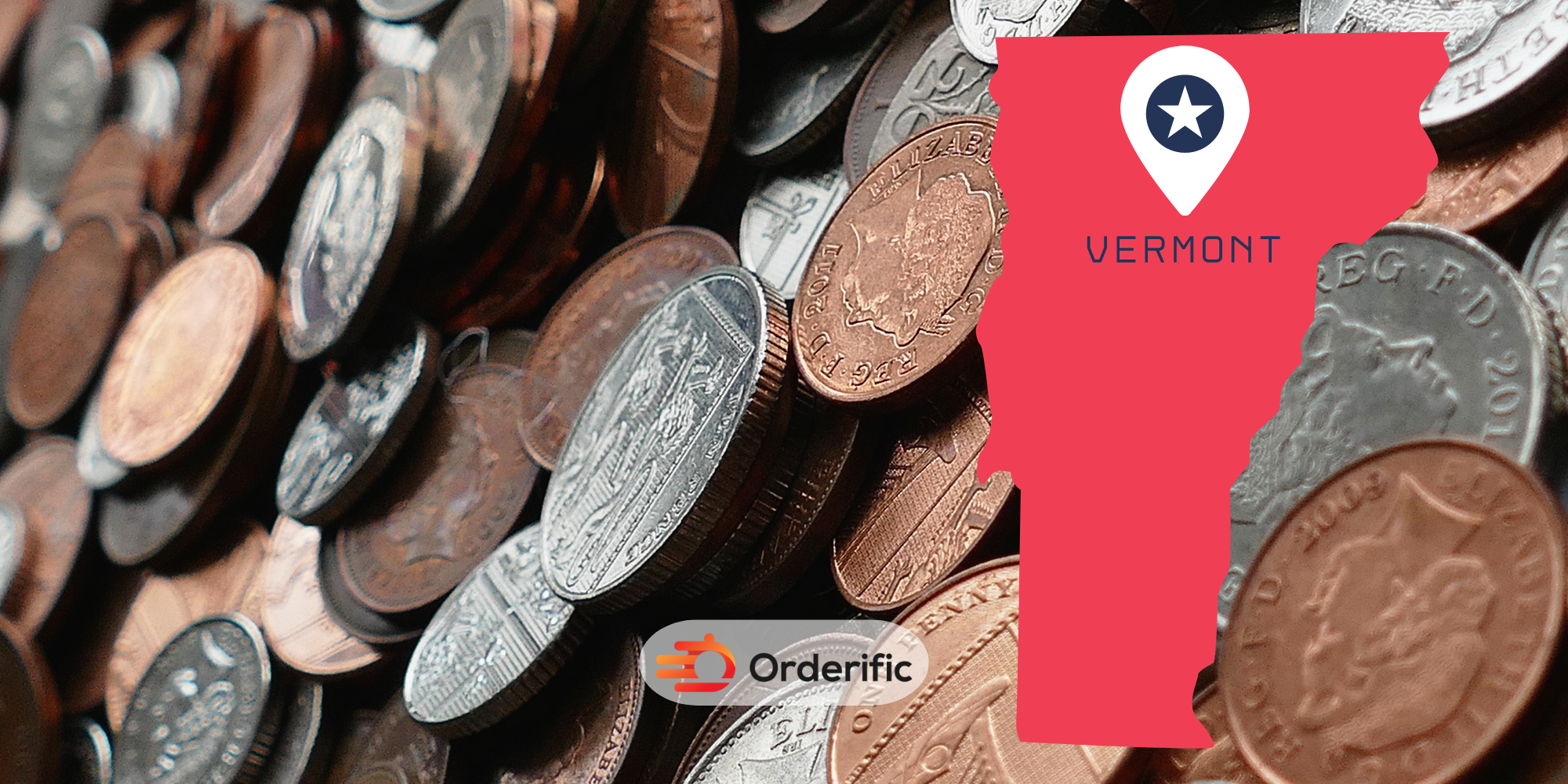If you’re employed in Vermont, it’s important to know about the state’s minimum wage laws. In this article, we’ll explain what you need to know about Vermont’s minimum wage laws, how they compare to other states, and the potential impacts on both employees and businesses.
At present, the state minimum wage rate in Vermont is $13.18 per hour for most employees (2023). There are some exceptions to this rate. For example, tipped employees may receive a lower hourly rate of $6.59 if their tips make up the difference between that amount and the full minimum wage.
Understanding Vermont’s Minimum Wage Laws
Vermont’s minimum wage laws are regulated by the Vermont Department of Labor. The state law specifically outlines the requirements for employers to pay employees, including the current minimum wage rates and how they’re calculated.
Employers in Vermont must also follow wage and hour laws, which set out requirements for overtime payments and child labor laws. These laws are designed to protect workers from exploitation and ensure they receive fair wages for their work.

Comparison with Other States
Vermont’s minimum wage rate is currently higher than the federal minimum wage rate of $7.25 per hour.
1. What is the Current Minimum Wage in Vermont?
As of 2021, the minimum wage in Vermont is $13.18 per hour for most employees. This rate is higher than the federal minimum wage rate of $7.25 per hour and the average minimum wage across all states, which stands at $10.96 per hour.
2. How Does Vermont’s Minimum Wage Compare to Other States?
Vermont has one of the highest wage rates in the United States. Only a few states have higher minimum wages than Vermont, with Washington ($15.74) and Oregon($14.20) topping the list.
3. Who is Affected by Vermont’s Minimum Wage Laws?
Minimum wage applies to all employees in the state, regardless of age or job type. However, there are some exceptions. For example, tipped workers may receive a lower minimum hourly rate if their tips make up the difference between that amount and the full minimum wage.
4. How Often Does Vermont’s Minimum Wage Change?
Vermont’s minimum wage rate is set to increase every year until it reaches $15.75 per hour in 2024. The Vermont Department of Labor reviews the state’s minimum wage each year and makes any necessary changes based on inflation.
Arguments For Raising Vermont’s Minimum Wage
Supporters of a higher minimum wage in Vermont argue that raising the rate would benefit both low-wage workers and the state’s economy.
1. Reducing Poverty and Income Inequality
The most commonly cited benefit of increasing the minimum wage is that it would help reduce poverty and income inequality. By raising wages, low-income workers would have more money to spend on necessities like food and rent. This could also lead to increased spending in other areas, such as restaurants or retail stores.
2. Stimulating the Local Economy
Increasing wages could also have a positive impact on the local economy. When workers earn more money, they tend to spend more, which can stimulate economic activity and create jobs. This increased economic activity can then lead to further job creation and higher levels of consumer spending.
3. Supporting Working Families
Raising the minimum wage can also help to support working families in Vermont. By providing low-income workers with more money, it could reduce costs for childcare and other expenses. This could lead to increased job satisfaction and higher levels of productivity overall.
4. Encouraging Fairness and Equity in the Workplace
Increasing the minimum wage could also encourage fairness and equity in the workplace. Ensuring all workers receive a fair wage, could help to reduce discrimination and ensure everyone is treated fairly regardless of their job or background.

Arguments Against Raising Vermont’s Minimum Wage
Despite the potential benefits of increasing the minimum wage, there are also arguments against it.
1. Potential Job Losses and Business Closures
One of the primary arguments against raising the minimum wage is that it could lead to job losses and business closures. Higher wages could mean businesses have to lay off staff or cut hours to stay profitable. This could have a particularly damaging effect on small businesses, which often operate on tight budgets.
2. Increased Costs for Small Businesses
Small businesses in particular could be affected by a higher minimum wage. They may not have the resources to absorb increased costs associated with wages, such as payroll taxes. This could lead to them having to increase prices or reduce their staff to remain profitable.
3. Potential Inflation and Higher Prices for Consumers
Raising the minimum wage could also lead to higher prices for consumers. Increased wages would mean businesses have to increase the cost of goods and services to stay profitable. This could then lead to inflation, resulting in higher prices for everyone.
4. The Importance of Market Forces in Setting Wages
The final argument against raising the minimum wage is that market forces, not the government, should determine wages. Proponents of this view argue that wages should be based on supply and demand to ensure a fair and competitive marketplace.
Alternatives to Raising Vermont’s Minimum Wage
If increasing the minimum wage isn’t an option, there are other ways to help low-wage workers in Vermont.
1. Expanding Access to Education and Training Programs
Expanding access to education and training programs, such as apprenticeships or job retraining programs, could help low-wage workers in Vermont gain the skills they need to find better-paying jobs. This could also lead to increased productivity and economic growth in the state.
2. Increasing Tax Credits and Other Benefits for Low-Wage Workers
The state could also increase tax credits and other benefits for low-wage workers. This would help to supplement their wages and provide families with additional money to cover costs like childcare or rent.
3. Encouraging Economic Development and Job Growth in Vermont
Economic development and job growth are other ways to help low-wage workers in Vermont. By encouraging businesses to invest in the state, it could lead to increased job opportunities and higher wages for residents.
4. Promoting Collective Bargaining and Unionization in Low-Wage Industries
Finally, promoting collective bargaining and unionization in low-wage industries could help to ensure employees are paid a fair wage. Unions can negotiate higher wages with employers and advocate for better working conditions for their members.
Conclusion
Vermont’s minimum wage laws are designed to ensure all workers in the state receive a fair wage for their work. Understanding these laws and how they compare to other states is important for both employers and employees.
While raising the minimum wage could have potential benefits, there are also arguments against it. Alternative solutions, such as expanding access to education and training programs, increasing tax credits and other benefits for low-wage workers, encouraging economic development and job growth, and promoting collective bargaining and unionization in low-wage industries could be used to help ensure employees are paid a fair wage. Ultimately, the decision of how to address the issue of minimum wage should be made with careful consideration of all factors involved.
You can continue here for more informative and exciting content. Click here to experience how Orderific brings great benefits to your business and employees. Try Orderific now!
FAQs
How often does the minimum wage in Vermont change?
Vermont’s minimum wage rate is set to increase each year until it reaches $15.75 per hour in 2024.
What is the history of the minimum wage in Vermont?
The minimum wage in Vermont was first established in 1976 and has been increasing gradually since then.
What types of jobs are exempt from the minimum wage requirement in Vermont?
The minimum wage requirement in Vermont applies to all employees, though there are some exceptions.
How does the minimum wage affect small businesses in Vermont?
Small businesses in Vermont could be affected by a higher minimum wage.
What is the poverty rate in Vermont, and how does the minimum wage relate to it?
It is 8.6%, and raising the minimum wage could help to reduce it by providing low-income workers with additional money to spend on needs like food and rent.













